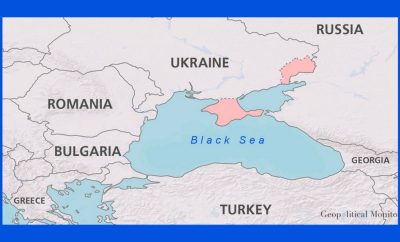
GRAND STRATEGY IS NO SILVER BULLET, BUT IT IS INDISPENSABLE
Is grand strategy too “grand” to be good? Criticisms of the concept are not new, but in recent months, several articles have sounded the death knell. Particularly concerning is that the diagnosis comes from the United States and the United Kingdom — countries with overlapping strategic cultures and where grand strategy has, to varying degrees, succeeded in the past. Far from a wasteful or futile undertaking, however, the practice of grand strategy is a worthwhile endeavor. But crucially, for it to be effective, there needs to be a fundamental change in the way in which it is understood and what is expected of it.
In a recent article in Foreign Affairs, Daniel Drezner, Ronald Krebs, and Randall Schweller come to “bury” grand strategy. For these self-proclaimed undertakers, it is not simply that the concept is “dead,” but rather that the domestic and international environment is no longer conducive to any attempt at its use. Grand strategy, they claim, “works best on predictable terrain — in a world where policymakers enjoy a clear understanding of the distribution of power, a solid domestic consensus about national goals and identity, and stable political and national security institutions.” In place of grand strategy, a more ad hoc and “case-by-case” approach to policy is now needed, they argue — ideally one based on the way in which “smart corporations” decentralize and incrementalize their innovation and decision-making processes.
Though the article is only the latest in a line of critiques, its arguments are somewhat striking, both for their idealized version of the past and their narrow conception of the purpose and essence of grand strategy. The idea that grand strategy requires entirely “predictable terrain” is a limitation built on illusion. Rarely, if ever, do the international system, domestic political debates and a complex network of bureaucratic institutions align to give policymakers an ideal canvas on which to craft a grand strategy. Indeed, the concept itself is most useful — and often most necessary — in moments when national populations, feeling the international order to be shifting in new and unpredictable directions, begin to question their own first-order assumptions about the nature of the international system and their country’s place within it.
Συνέχεια ανάγνωσης εδώ
Πηγή: warontherocks.com




